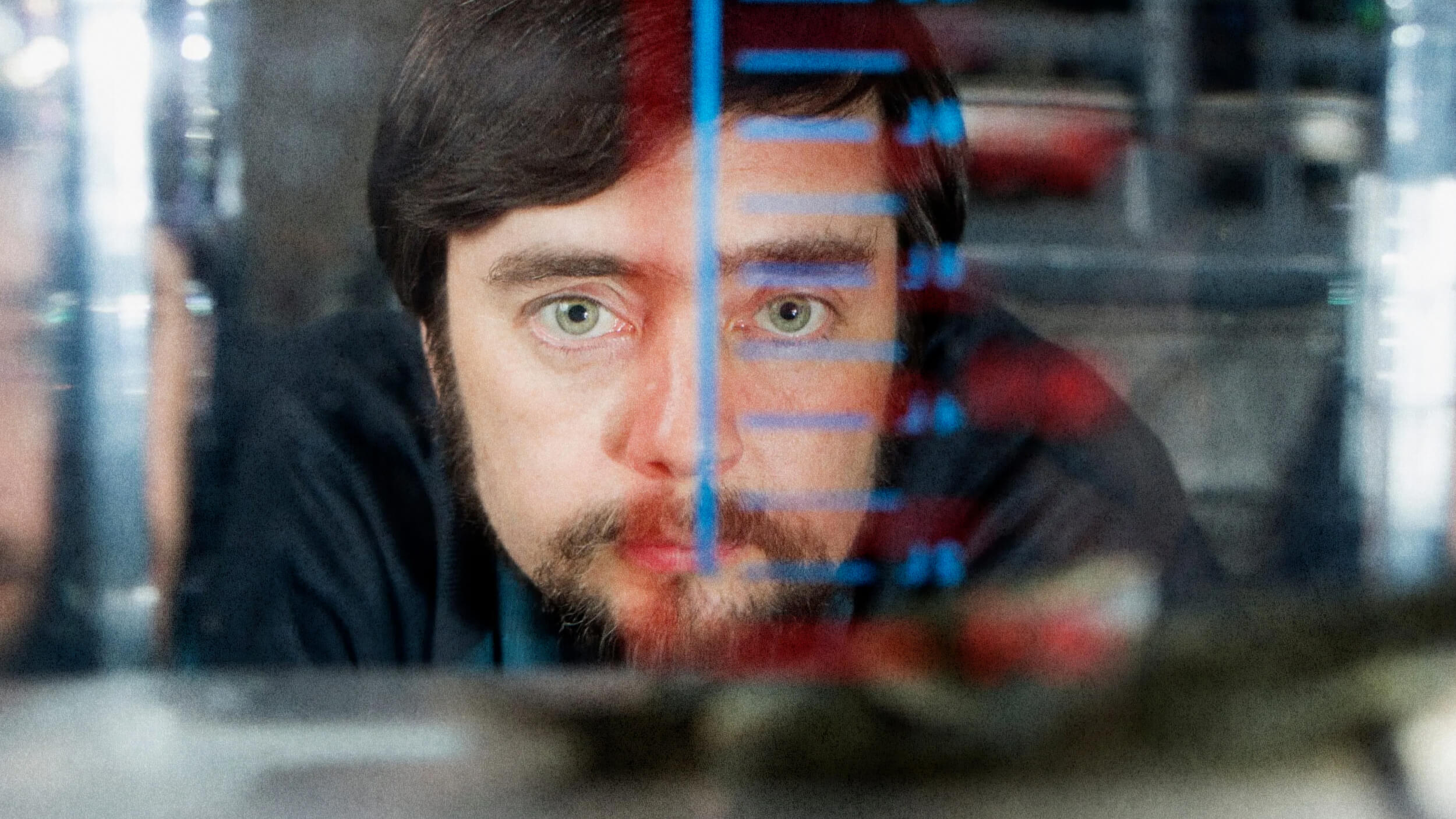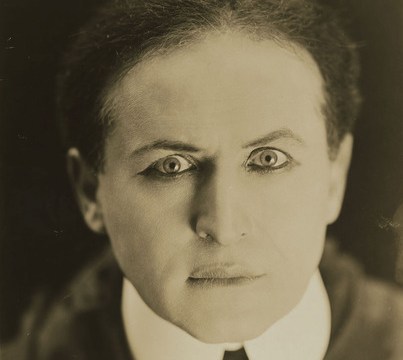The Twitter Report: Could It Be… Satan?

In my early days of blogging, I would have exhaustive debates, sometimes lasting for weeks, with believers who came across one of my websites and posed a challenge to me. But although it was fun in its time, I’ve wearied of it, and with occasional rare exceptions, I don’t argue with theists over e-mail anymore. I’ve rehearsed those arguments so many times, and they’re usually so well coached in the corresponding apologetics, that it often seems less like a real debate and more like two actors reading their respective parts from the same script.
This isn’t to say that people’s minds are never changed by this kind of debate – it certainly does happen sometimes. But the return on investment is so low as to not make it worthwhile. There are far more useful, productive, and effective things I can be doing with my time.
However! That’s not to say I never debate anymore – quite the contrary. It’s just that I rarely do it over e-mail, where the effort is large but the audience is small. If I’m going to go to the trouble, it’s more useful to debate where other people can see the exchange and potentially benefit from it. As Richard Dawkins has said, the most important audience in a debate is usually the bystanders, whose minds may not be as firmly made up as the participants. You never know when you might be able to plant a seed of doubt in someone else’s mind.
All this is by way of introduction to a debate I had on Twitter last week. It started out with this bit of snark that I posted over the weekend:
Easter: a holiday where we celebrate torture and blood sacrifice with chocolate and symbols of sex. Makes perfect sense.
—@DaylightAtheism – 4:40 PM, 8 Apr 12
My post drew an annoyed reply from a Christian, whom I decided to engage:
@DaylightAtheism You have it wrong, Easter we celebrate the resurrection of Jesus, not blood or torture. He chose to do it, for us.
—@brjones64 – 9:04 PM, 8 Apr 12
When debating these days, I like to use the Socratic method. Rather than hammering on the logical holes in Christians’ beliefs, which will only make them cling to the “faith is a mystery” defense all the harder, I try to bring them to that realization on their own by asking them to explain the parts of Christian doctrine that don’t make sense. I cherish the hope that if they can’t justify it to me, maybe they’ll realize they can’t justify it to themselves either:
@brjones64 Why is bloodshed necessary to forgive sin?
—@DaylightAtheism – 9:32 PM, 8 Apr 12
@DaylightAtheism To be honest I don’t know and am not supposed to know why God does everything. But that is the ultimate sacrifice.
—@brjones64 – 8:48 AM, 9 Apr 12
@brjones64 If someone wrongs me or you, we can just forgive them, without innocent bloodshed. Doesn’t that make us more forgiving than God?
—@DaylightAtheism – 9:01 AM, 9 Apr 12
@DaylightAtheism No because God forgives everyone for all of our sins, He never holds a grudge and sometimes we do. He loves everyone.
—@brjones64 – 10:18 AM, 9 Apr 12
This last post was a clear tactical blunder, so I came back with the obvious rejoinder:
@brjones64 Your beliefs teach that God punishes billions of people with eternal torture for not worshipping him! That’s a hell of a grudge.
—@DaylightAtheism – 10:32 AM, 9 Apr 12
@brjones64 I would never torture someone for disagreeing with me. I doubt you would either. I think that makes us both more moral than God.
—@DaylightAtheism – 10:34 AM, 9 Apr 12
@DaylightAtheism He doesn’t hold a grudge nor does He torture us, He gives us free will to do as we want. We make our own choices.
—@brjones64 – 10:41 AM, 9 Apr 12
This “people make their own choices” apologetic is a farce, as I wrote in my essay “Divine Blackmail“: “When you die and stand at the judgment seat, are you confronted with one door filled with glorious white and golden light, clouds floating serenely by in the background, the harmonious sounds of an angelic chorus drifting out, and with a sign reading ‘HEAVEN’ over it in pure white light, and another door filled with flames and the screams of the damned and a sign reading ‘HELL’ over it in flickering red neon, and God invites you to pick one?”
Although at this point the conversation was in danger of veering back onto that apologetics script I talked about, I could tell that my interlocutor was getting frustrated, as you can see from his next few comments:
@DaylightAtheism He doesn’t want anyone to go to hell, it’s not His choice. I wish I knew what to say so you could understand.
—@brjones64 – 10:43 AM, 9 Apr 12
@DaylightAtheism I honestly believe at this point and time Satan is keeping you from understanding.
—@brjones64 – 10:45 AM, 9 Apr 12
I have to say, this was one of my prouder moments. I consider that obvious sign of frustration, coupled with the none-too-subtle threat of hellfire, as tantamount to an admission that he couldn’t answer my argument to his own satisfaction, and that this was bothering him. When a believer is experiencing cognitive dissonance like this, they’ll often project it outward as anger, and who better to pin the blame on than Satan? Everyone knows you have to ignore whatever that sneaky Devil says, no matter how much sense he seemingly makes.
@DaylightAtheism I really hope before it’s too late that your eyes will be opened. At this point in time we need to agree to disagree.
—@brjones64 – 10:46 AM, 9 Apr 12
@brjones64 So why did God create hell at all if he doesn’t want anyone to go there?
—@DaylightAtheism – 11:04 AM, 9 Apr 12
@DaylightAtheism Hell was created for Satan and his followers.
—@brjones64 – 12:00 PM, 9 Apr 12
I try to drive a wedge between Christians and their beliefs by pointing out that they themselves, in most cases, are more moral than the beliefs they advocate. Saying “Your beliefs are bad and that makes you a bad person” will only encourage them to circle the wagons and cling to their religious identity. Saying “Your beliefs are bad and you’re a better person than that” is more likely to be effective (assuming of course that this is actually true; naturally, there are some Christians who gleefully endorse all the cruelties of their theology).
@brjones64 If I were omnipotent, I’d think of more humane ways to deal w/my enemies than creating a torture-pit to imprison them in forever.
—@DaylightAtheism – 12:28 PM, 9 Apr 12
@brjones64 So could you, I bet. The god you worship doesn’t have much in the way of morality or imagination.
—@DaylightAtheism – 12:30 PM, 9 Apr 12
Sadly, this person chose not to respond any further after that. Whether he was troubled by anything I said and wanted to withdraw to think about it, or whether he was just angry that he failed to instantly convert me, I don’t know. But in either case, we have to take the long view. Human behavior is rarely susceptible to simple, single-cause explanations, and you never know whether something you said may not have an effect months, even years later.
But even though it doesn’t make a perceptible difference in every case, or even in most cases, I firmly believe that speaking out is the most important thing we can do: debating, advocating our view in public, engaging with people who believe differently. As slow and difficult as it is, it’s the only way that we can change people’s minds. But I’m curious to know if anyone has an opinion on how I handled this debate. What, if anything, would you have said differently?
Image credit: shutterstock.com





